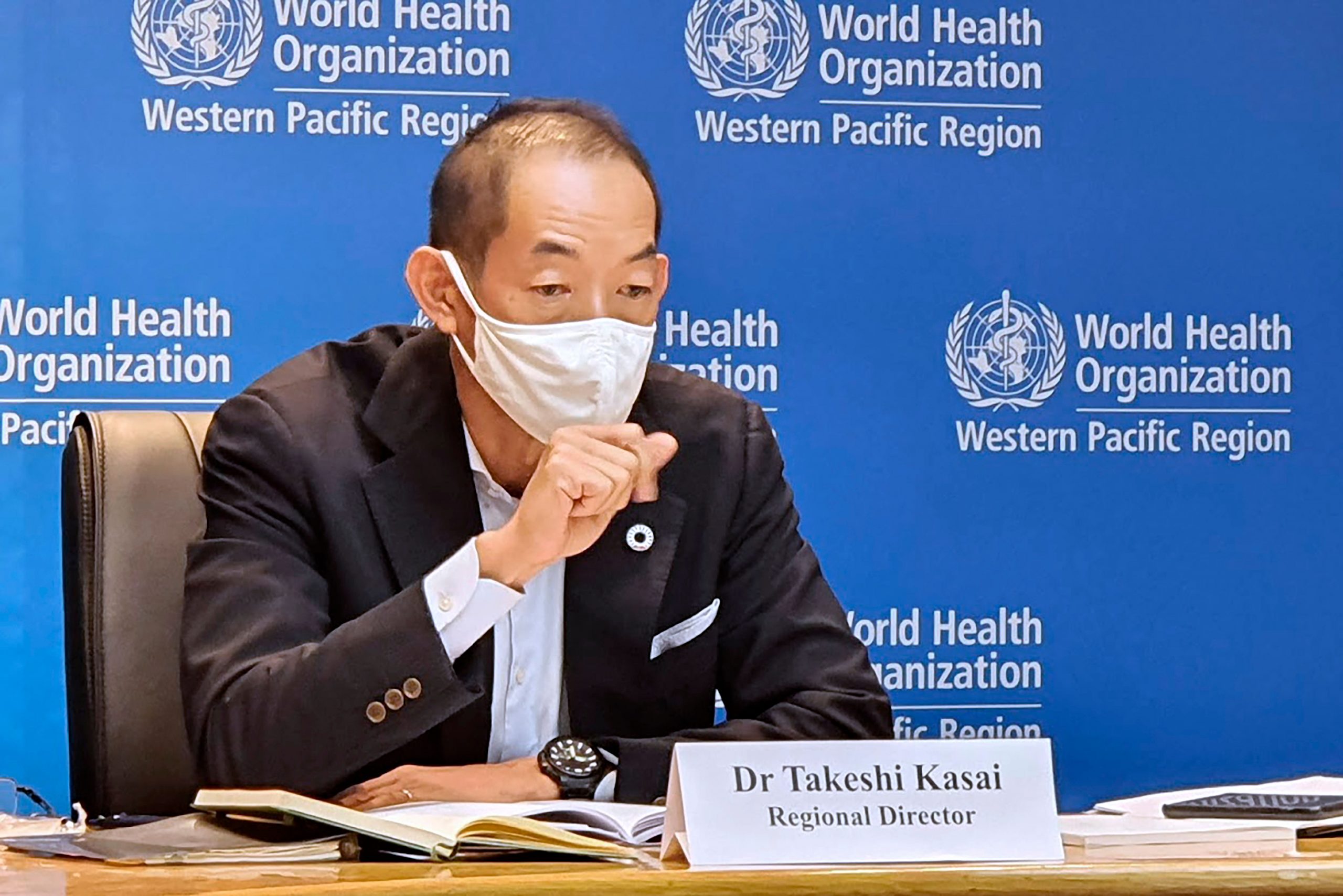Two vaccine makers claimed their injections provided protection against omicron, citing UK research that revealed it caused proportionally fewer hospitalizations than the Delta coronavirus type, corroborating South African findings.
Coronavirus infections have risen dramatically throughout most of the globe as the highly infectious omicron virus spreads, prompting new restrictions in a number of countries. Officials from the World Health Organization, on the other hand, have stated that it is too early to form clear conclusions regarding its pathogenicity.
Also read: PM Modi holds COVID review meeting amid concerns over omicron variant
The variety, which was first discovered last month in Southern Africa and Hong Kong, is swiftly becoming prevalent in most of Western Europe, including the United Kingdom, where daily infections have surpassed 100,000.
According to preliminary research, omicron was more resistant to vaccinations created before it was discovered. In Britain, though, rises in hospitalizations and deaths have been more modest since omicron gained hold, according to researchers.
The number of patients who required to be hospitalised was 68 percent lower than researchers projected based on the rate in Delta patients, according to University of Edinburgh researchers who followed 22,205 patients infected with Omicron late on Wednesday.
Also read: PL: Liverpool vs Leeds among two Boxing Day games that have been postponed
Researchers from Imperial College London found evidence of a 40% to 45 percent reduction in the likelihood of hospitalisation for Omicron compared to Delta in the last two weeks.
Scientists have cautioned that, given the rise in UK cases, even a tiny fraction of hospitalizations could overwhelm the healthcare system, according to Raghib Ali, senior clinical research associate at the University of Cambridge.
The data from the United Kingdom, on the other hand, was positive and “may assist justify the government’s choice not to tighten restrictions on social gatherings in England over Christmas,” he said.
In the meantime, AstraZeneca said on Thursday that a three-course injection of its COVID-19 vaccination provided protection against the mutation, citing research from Oxford University.
The study’s findings, which have yet to be published in a peer-reviewed medical publication, are similar to those of competitors Pfizer-BioNTech and Moderna.
Also read: Greece cancels Christmas events, brings back mask mandate
After a three-dose course, neutralising levels against omicron were generally equivalent to those against Delta after two doses, according to a research on AstraZeneca’s vaccine, Vaxzevria.
Novavax Inc said earlier this week that preliminary evidence suggested the vaccine, which was licenced for use by European Union regulators and the WHO this week but has yet to be approved by the US, elicited an immune response against omicron.
On Thursday, global shares extended their climb, while safe-haven bonds and currencies dropped, as financial markets welcomed evidence that omicron would be less severe than feared.
The Delta variant continued to spread outside of Western Europe.
After a surge of illnesses attributed to Delta, the coronavirus death toll in Russia passed 600,000 on Thursday, according to Reuters calculations based on government data, after officials stated this week they had only found 41 Omicron cases.
Only the United States and Brazil have had more coronavirus deaths than the rest of the world.
Also read: Christmas and COVID: World prepares to celebrate but with caution
The Chinese city of Xian, where no omicron cases have been found, has ordered a lockdown for its 13 million citizens after the daily tally of domestically transmitted COVID-19 infections increased for the sixth day in a row.
A research issued on Wednesday by South Africa’s National Institute for Communicable Diseases backed up the UK data on hospitalizations (NICD).
However, the NICD researchers noted a number of limitations.
They said, “It is difficult to distinguish the proportional influence of high levels of past population immunity vs intrinsic lower virulence to the observed decreased illness severity.”
Maria van Kerkhove, the WHO’s technical head on COVID-19, also stated that the UN body lacked sufficient evidence to draw clear conclusions. She told a press conference in Geneva on Wednesday that the data on omicron was still “messy.”







